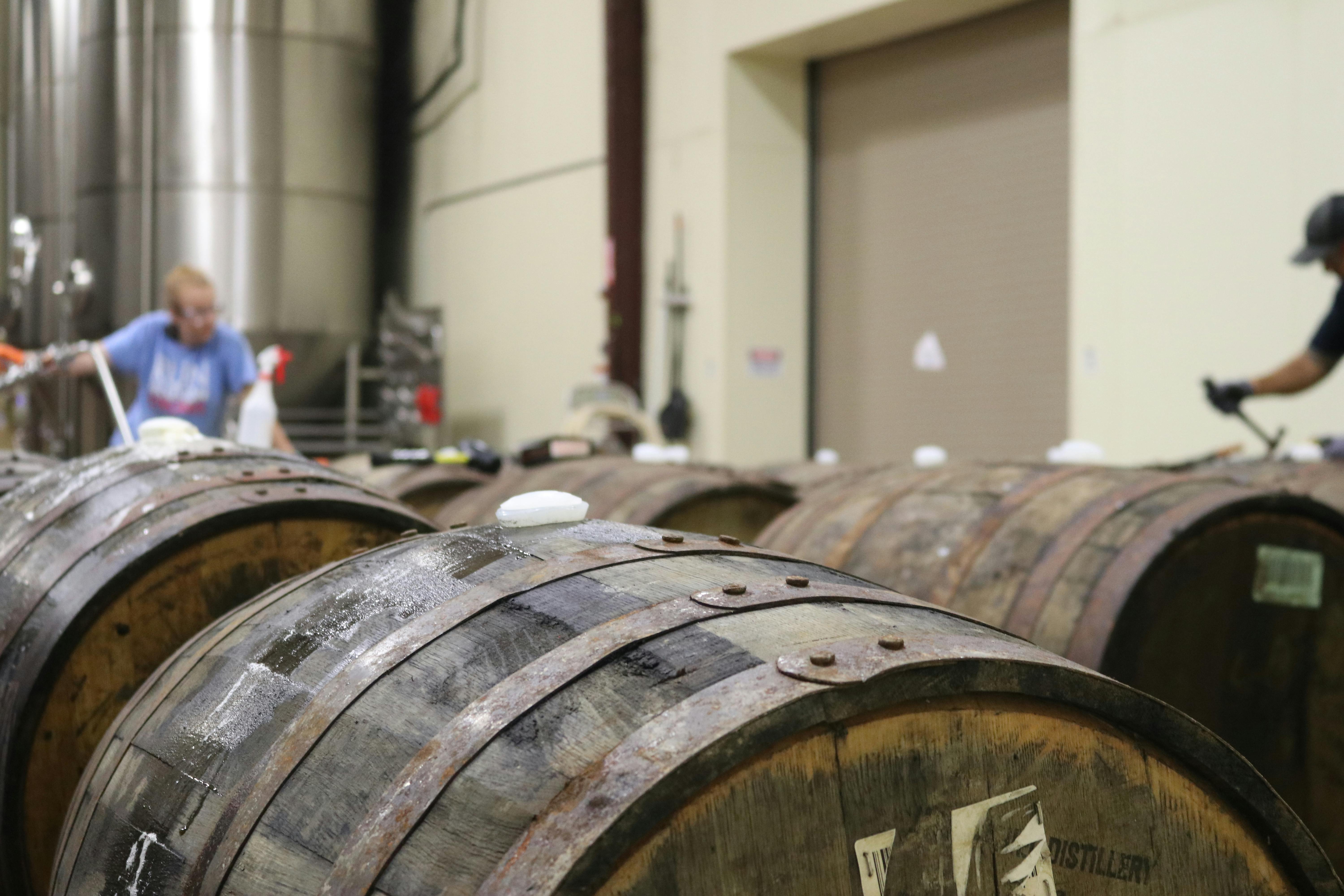Optimizing Muscle Growth: Understanding How Alcohol Affects Performance in 2025
In recent years, the relationship between alcohol consumption and muscle growth has sparked considerable debate within the fitness community. As fitness enthusiasts and athletes alike strive for optimal performance, understanding the implications of alcohol on muscle mass and recovery has become paramount. This article explores how alcohol consumption can impact muscle development, workout performance, and overall health, delving into key insights that can help you achieve your fitness goals.
The benefits of proper nutrition and training are widely recognized, but the effects of lifestyle choices, like alcohol intake, on muscle growth and performance remain a topic of intrigue. For those dedicated to strength training and bodybuilding, nature and mechanics of alcohol’s effects are critical to grasp. By examining alcohol’s influence on muscle protein synthesis, calorie management, and recovery processes, we aim to present actionable insights that support your fitness journey.
In the coming sections, we will cover essential topics including the mechanisms by which alcohol affects muscle growth, the role of nutrition in supporting your fitness goals, and practical tips for maintaining a healthy lifestyle while managing alcohol consumption. Let’s uncover the key factors necessary for optimizing muscle growth and performance in the context of alcohol consumption.
How Alcohol Impacts Muscle Protein Synthesis
Building on the understanding of muscle growth principles, it’s essential to explore how alcohol directly affects muscle protein synthesis, a crucial process for muscle repair and growth. Alcohol consumption can interfere with protein synthesis by affecting the body’s hormonal balance, specifically testosterone and cortisol levels. Testosterone plays a significant role in muscle growth and strength, whereas elevated cortisol levels can hinder these processes. Studies suggest that alcohol intake may significantly lower testosterone levels, which can ultimately lead to decreased muscle mass over time.
The Science Behind Muscle Proteins
Muscle hypertrophy primarily relies on the body’s ability to synthesize proteins effectively. When participating in resistance training, muscle fibers experience micro-tears, which must be repaired through a combination of nutrients, particularly protein. Alcohol consumption disrupts this protein synthesis pathway, potentially leading to impaired recovery and muscle growth. For those focusing on strength training, understanding the implications of alcohol on muscular recovery is vital.
Caloric Implications of Alcohol Consumption
Another dimension to consider is the caloric content of alcoholic beverages. While enjoying a night out can be fun, it’s essential to recognize that alcohol is calorie-dense and provides little nutritional value. A typical beer or mixed drink can add significant calories to your daily intake without contributing to your nutrient needs. For anyone managing their weight or focusing on muscle gain, excess calories from alcohol can contribute to fat accumulation rather than muscle development.
Regeneration and Recovery Challenges
After an intense workout, recovery is key to sustaining progress. Alcohol consumption can delay recovery by impairing glycogen replenishment and hydration levels. Combined with its diuretic effects, which can lead to increased urine output, alcohol makes it challenging to maintain optimal hydration, crucial for a successful recovery from workouts. Without adequate recovery, muscle growth is stunted, making it essential to balance alcohol consumption with hydration and nutrient replenishment strategies.
Nutrition Strategies for Muscle Growth
With these fundamentals established, let’s dive into nutrition strategies that complement your fitness goals while considering alcohol’s effects. A well-rounded diet should focus on maximizing muscle gains and ensuring proper recovery. Integrating high-quality protein sources, carbohydrates, and healthy fats is essential to support your fitness journey effectively.
Essential Nutrient Intake
Your body requires a variety of nutrients to optimize muscle growth, particularly after workouts. Ensuring adequate protein intake will support muscle repair, while carbohydrates provide the energy needed for high-intensity workouts. Furthermore, incorporating healthy fats can support hormone production, including testosterone, which is crucial for muscle development. Scheduling meals and snacks around your workouts can maximize nutrient uptake and support recovery.
The Role of Supplements
For many aspiring athletes, dietary supplements, such as whey protein and creatine, can bolster nutritional strategies by enhancing muscle protein synthesis and improving performance. Whey protein, in particular, is beneficial immediately after a workout due to its fast absorption properties. Creatine supplementation can also enhance recovery and increase strength over time. However, it’s vital to approach supplementation as just one part of your overall nutrition strategy.
Maintaining Balance in Your Diet
When planning your diet, maintaining a balance between macronutrients is crucial for fueling workouts and promoting muscle recovery. Consider the timing of meals and incorporating nutrient-dense foods that enhance overall health. This is especially important if alcohol consumption occurs, as choosing healthier options can mitigate some negative impacts. By prioritizing your diet, you can support your fitness goals while enjoying occasional indulgences.
Adapting Your Fitness Routine
As we discussed nutrition strategies, adapting your fitness routine around alcohol consumption can significantly influence your results. Being mindful of how and when you drink can help you maintain performance while enjoying social activities. Several practical adjustments can improve how alcohol affects your training outcomes.
Training Intensity Adjustments
Incorporating training intensity adjustments based on your social calendar and alcohol consumption is critical. If you know you’ll be drinking later, consider moderating the intensity of your workouts leading up to that event. Shifting to lower intensity sessions allows for effective recovery while still keeping you engaged in your fitness routine.
Hydration Techniques
Prioritizing hydration before, during, and after consuming alcohol is essential to combat its dehydrating effects. Alternating alcohol with water can help maintain hydration levels and support recovery. Additionally, consuming electrolyte-packed beverages after workouts can aid in replenishing lost fluids and nutrients.
Setting Realistic Goals
Establishing realistic fitness goals is vital when factoring in alcohol consumption. Being aware of your drinking habits and their potential impacts on performance can influence the outcomes of your training efforts. Consider adjusting your long-term objectives to align with your lifestyle choices, ensuring that they are achievable while still allowing for enjoyment.
Common Misconceptions About Alcohol and Muscle Building
Building on these insights, understanding prevalent misconceptions surrounding alcohol and muscle growth can help dispel myths. Many people assume that occasional drinking will have minimal effects on performance and recovery, but this is often far from the truth. By addressing these misconceptions, we can help promote better-informed choices.
Myth: Alcohol Has No Impact on Fitness Goals
One pervasive myth is that light to moderate alcohol consumption does not affect fitness goals. However, research indicates that even small amounts of alcohol can interfere with muscle protein synthesis and hormonal balance. Athletes must be cautious with their consumption to ensure success in their training.
Myth: Alcohol and Weight Gain Are Unrelated
Another misconception is that alcohol does not contribute to weight gain. In reality, the empty calories from alcohol can lead to excess caloric intake if not accounted for in daily nutrition. This can hinder weight loss or body composition goals, making mindful drinking essential.
Myth: Alcohol Can Enhance Relaxation and Recovery
Lastly, while many believe that alcohol aids in relaxation, it can disrupt sleep and recovery. Quality sleep is crucial for muscle recovery, and alcohol can lead to interrupted sleep patterns, diminishing performance. Prioritizing restful sleep without the interference of alcohol can help athletes achieve their goals more effectively.
Final Thoughts on Alcohol and Muscle Growth
As we wrap up our exploration of alcohol’s effects on muscle growth and performance, it is crucial to understand the significance of making informed decisions. Recognizing how alcohol impacts muscle protein synthesis, caloric management, and recovery processes can empower you to take control of your fitness journey. By implementing proper nutrition strategies, adapting your fitness routine, and dispelling common myths, you can achieve your goals while enjoying a balanced lifestyle.
For those interested in further enhancing your fitness knowledge, check out more on fitness nutrition strategies and essential fitness tips.

Ultimately, optimizing muscle growth in the context of alcohol consumption comes down to moderation and awareness. Making mindful choices will support your fitness goals, healthy lifestyle, and overall well-being.

